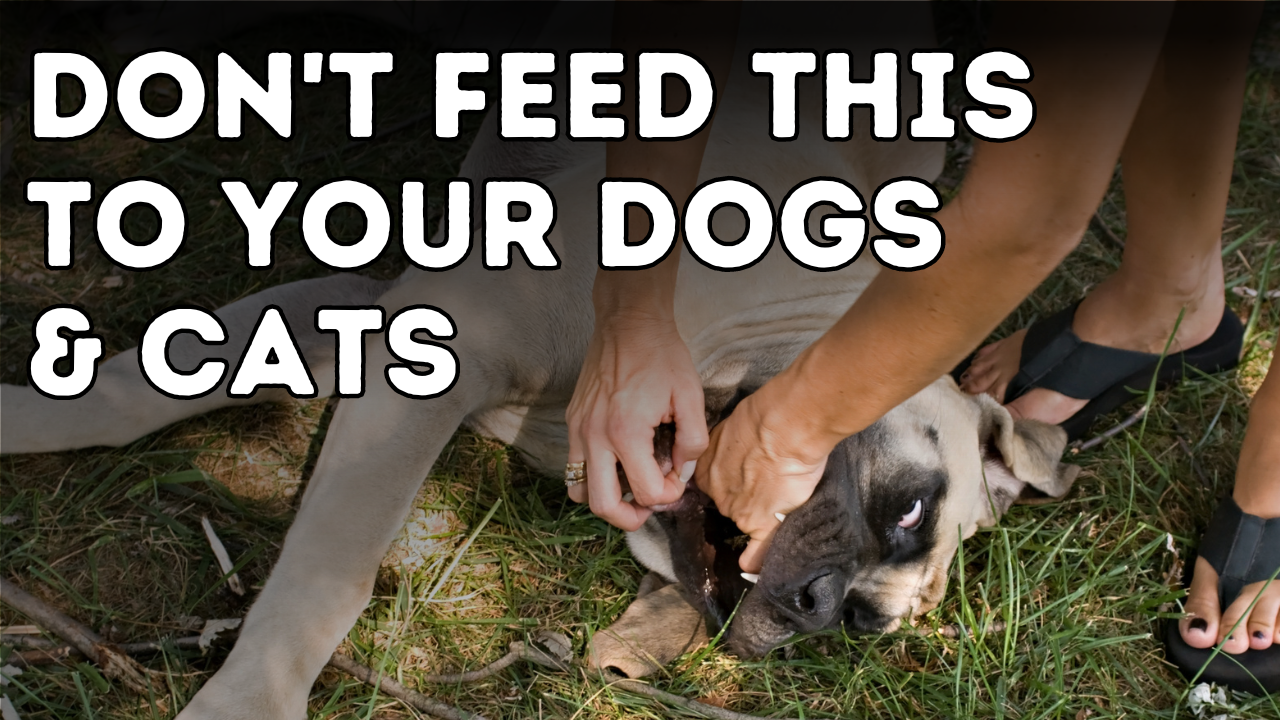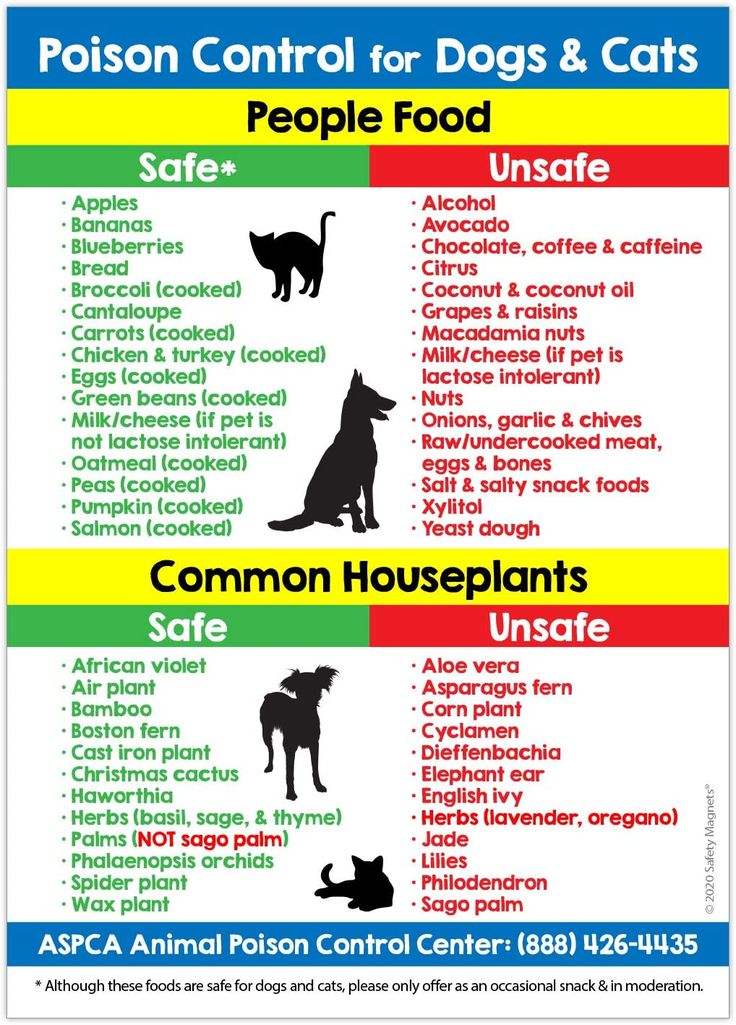Don’t Feed This: Food Toxic to your dogs and cats

Poisonings were one of the more common reasons I was called in for emergencies. Ideally you prevent them, but sometimes things happen.
You should though know the basics of Pet First Aid.
I suggest you have a look at my Manual of Pet First Aid. You can grab your copy here:
shop.veterinarysecrets.com/pet-first-aid-secrets-complete-dog-and-cat-first-aid-manual-e-book.html

As a pet owner, it’s crucial to be aware of the various common toxins that could pose risks to your beloved dogs and cats. I’ve encountered cases where pets have been poisoned by substances ranging from everyday foods to household chemicals. Here’s an insightful story and a comprehensive guide on how to protect your pets from such dangers.
A Cautionary Tale: Bessie’s Brush with Danger
Take, for instance, the story of a small dog named Bessie, a West Highland White Terrier with a penchant for scavenging. One day, her owner discovered that her purse had been tampered with, and a piece of chewing gum was missing. While gum might seem harmless, the xylitol (an artificial sweetener) in the gum caused Bessie to become extremely weak, leading to seizures. Thankfully, her owner acted quickly, bringing her to the clinic where we could administer the appropriate treatments: IV fluids, dextrose, and potassium. Bessie fully recovered, a fortunate ending that is not always the case.
Common Household and Food Toxins
Foods
- Chocolate (All Forms): Contains theobromine, a cardiac stimulant that can cause vomiting, diarrhea, increased heart rate, seizures, and potentially death.
- Coffee (All Forms): Harmful xanthines can damage the nervous and urinary systems and stimulate the heart muscle.
- Grapes and Raisins: Even small amounts can cause acute kidney failure in dogs.
- Xylitol (Found in Sugar-Free Products): Causes a rapid drop in blood sugar and can lead to in-coordination, collapse, and seizures.
- Fatty Foods: Can trigger severe gastrointestinal issues and pancreatitis.
- Onions and Garlic: Contains thiosulphate, which can cause anemia.
- Macadamia Nuts: Contains an unknown toxin that can affect the digestive and nervous systems, leading to paralysis.
- Avocado: Persin, found in the leaves, fruit, seeds, and bark, can cause gastrointestinal distress.
Household Items
- Yeast Dough: Can expand in the stomach, causing bloating and potentially alcohol toxicity.
- Lilies (For Cats): All parts of the lily plant can cause acute kidney failure in cats.
What to Do If Your Pet is Poisoned
- Immediate Veterinary Care: Take your pet to a veterinarian if they show signs of poisoning.
- Induce Vomiting: Only if safe (consult your vet), administer hydrogen peroxide to induce vomiting.
- Delay Absorption: Use activated charcoal to help bind and delay the absorption of the toxin.
Prevention is Key
- Secure Your Home: Ensure that medications, chemicals, and toxic foods are out of reach.
- Educate Yourself: Become familiar with toxic plants and other dangerous substances around the home. Keep items like chewing gum securely stored away to prevent accidental ingestion.
The story of Bessie and the list of common toxins serve as important reminders of the everyday dangers lurking in our homes. By staying informed and vigilant, you can help ensure the safety and well-being of your pets. Always keep emergency supplies like hydrogen peroxide and activated charcoal on hand, and remember, prevention is the best form of protection.
P.S. You should be PREPARED for ALL the common dog and cat emergencies. It’s just good common sense pet care skills all pet owners should have.
My Manual of Pet First Aid is a good resource.
And you can get a copy here:
